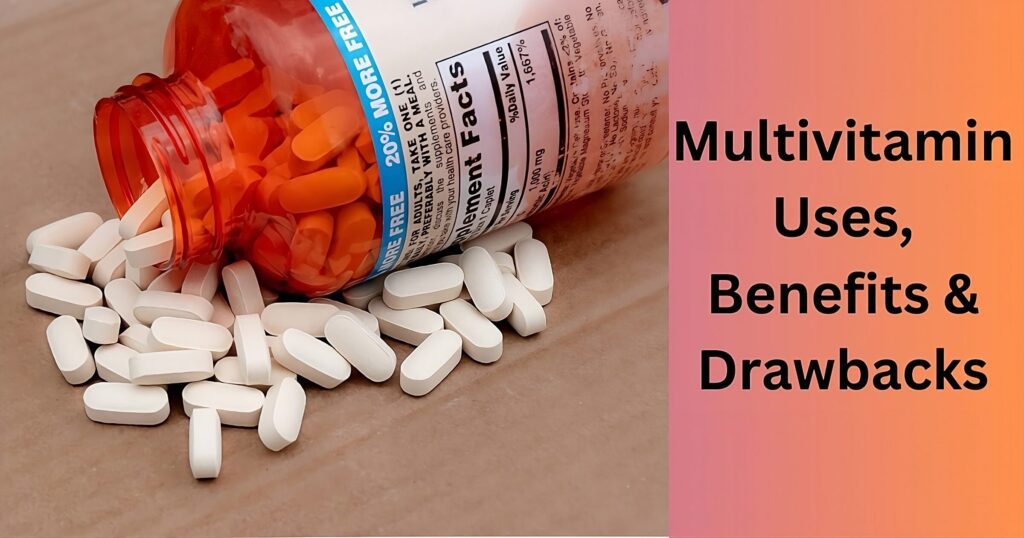Vitamin K : Overview
Vitamin K is a group of fat-soluble vitamins that play a crucial role in blood clotting, bone health, and cardiovascular health. There are two main forms of vitamin K: Vitamin K1 (phylloquinone) and Vitamin K2 (menaquinone). Vitamin K1 is found in green leafy vegetables like spinach, kale, and broccoli, while Vitamin K2 is produced by bacteria in the gut and can also be found in fermented foods like cheese and natto.
Vitamin K is essential for the activation of proteins involved in blood clotting. Without adequate vitamin K, blood would not be able to clot properly, leading to excessive bleeding and potentially life-threatening conditions. Vitamin K also plays a role in bone health by helping to regulate calcium levels in the body. Additionally, some research suggests that vitamin K may have cardiovascular benefits, such as reducing the risk of arterial calcification and heart disease.
The recommended daily intake of vitamin K varies depending on age, gender, and health status. However, most people can meet their vitamin K needs by consuming a balanced diet rich in green leafy vegetables and other vitamin K-rich foods. In some cases, vitamin K supplements may be recommended by a healthcare provider for people who are at risk of vitamin K deficiency, such as those taking blood thinning medications.
Vitamin K : Name
The vitamin K family includes several different compounds, including:
1. Vitamin K1 (phylloquinone)
2. Vitamin K2 (menaquinone)
3. Vitamin K3 (menadione)
Vitamin K1 is found primarily in green leafy vegetables, while Vitamin K2 is found in animal products and fermented foods. Vitamin K3 is a synthetic form of the vitamin and is not commonly used in dietary supplements.
Frequently Asked Questions:
What are the advantages of Vitamin K?
There are several potential health benefits associated with consuming adequate amounts of vitamin K, including:
1. Blood clotting: Vitamin K is essential for blood clotting, which helps to prevent excessive bleeding and can be life-saving in the event of an injury or surgery.
2. Bone health: Vitamin K plays a role in regulating calcium levels in the body, which is important for maintaining strong bones and reducing the risk of osteoporosis and fractures.
3. Cardiovascular health: Some studies suggest that vitamin K may help to reduce the risk of arterial calcification, which can contribute to cardiovascular disease.
4. Cognitive function: Research suggests that vitamin K may have a protective effect on cognitive function and may help to reduce the risk of dementia and Alzheimer’s disease.
5. Skin health: Vitamin K may help to improve the appearance of skin by reducing the appearance of dark circles and bruises, as well as promoting healthy blood flow.
It’s worth noting that more research is needed to fully understand the potential benefits of vitamin K, and the optimal intake levels may vary depending on individual health status and other factors. However, consuming a balanced diet rich in vitamin K-rich foods like green leafy vegetables and fermented foods is generally considered a safe and effective way to support overall health and wellbeing.
What are the disadvantages of Vitamin K?
While vitamin K is generally considered safe and beneficial, taking high doses of vitamin K supplements may have some potential disadvantages:
1. Blood Clotting: Vitamin K is essential for blood clotting, and consuming excessive amounts of vitamin K supplements may increase the risk of blood clots in people who are already at risk for such conditions.
2. Interference with Blood Thinners: Vitamin K can interfere with the effects of blood-thinning medications, such as warfarin, and may reduce their effectiveness. If you are taking blood-thinning medication, you should speak with your doctor before taking vitamin K supplements.
3. Liver Problems: Taking high doses of vitamin K supplements may cause liver damage in people who have liver problems or are taking medications that affect liver function.
4. Allergic Reactions: Some people may have allergic reactions to vitamin K supplements or foods that are high in vitamin K.
Overall, it’s important to talk to your doctor before taking any vitamin K supplements, especially if you are taking medications or have any underlying health conditions.
READ MORE:
- Vitamin E : Overview, Advantages & Disadvantages
- Vitamin E : Frequently Asked Questions
- Multivitamins Uses, Benefits & Drawbacks
- Vitamin B12 : Benefits, Sources, and Deficiency Symptoms
I hope this article is helpful to you.
Thanks You!








5 thoughts on “Vitamin K – Overview, Name, Advantages & Disadvantages”